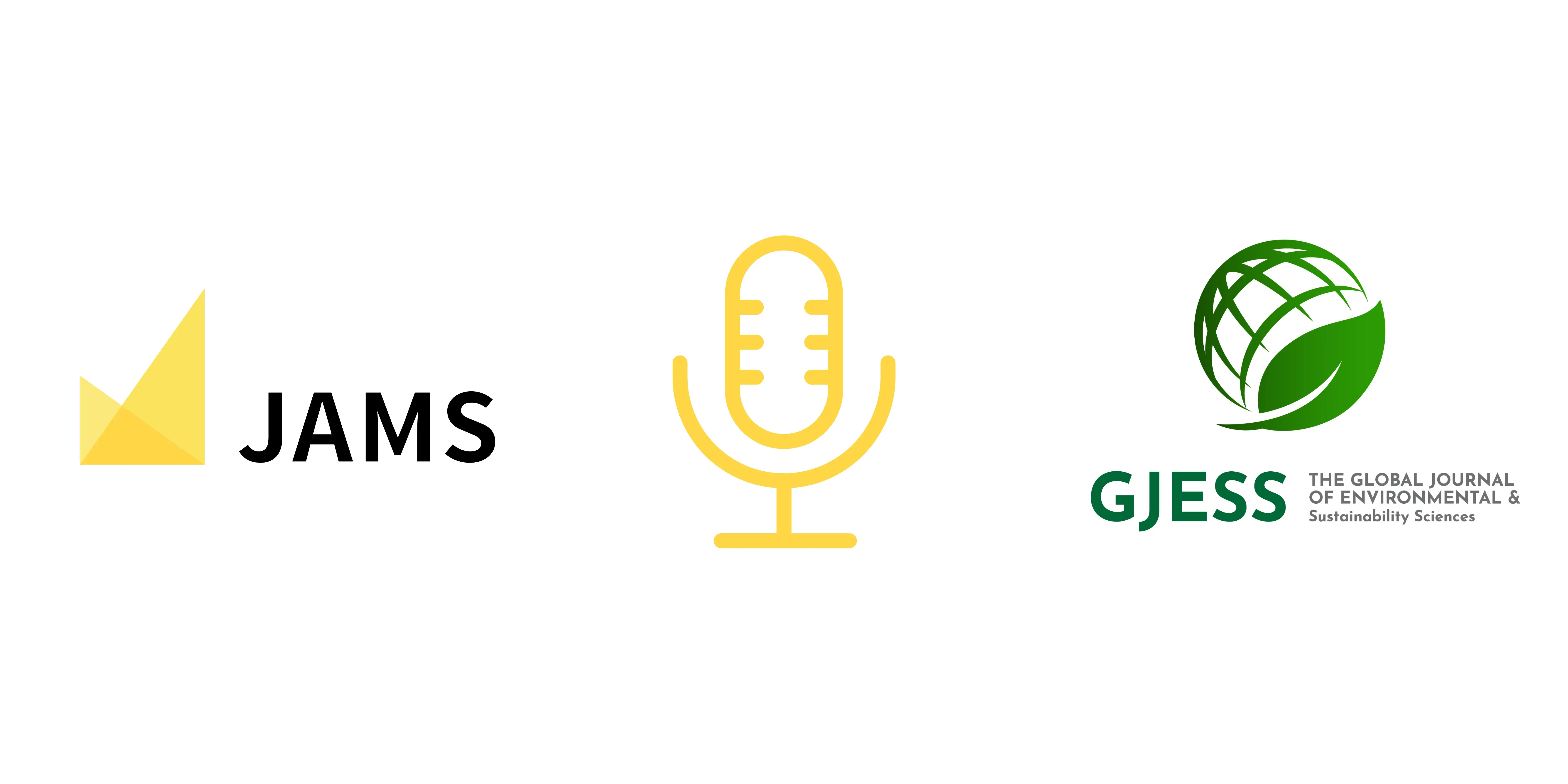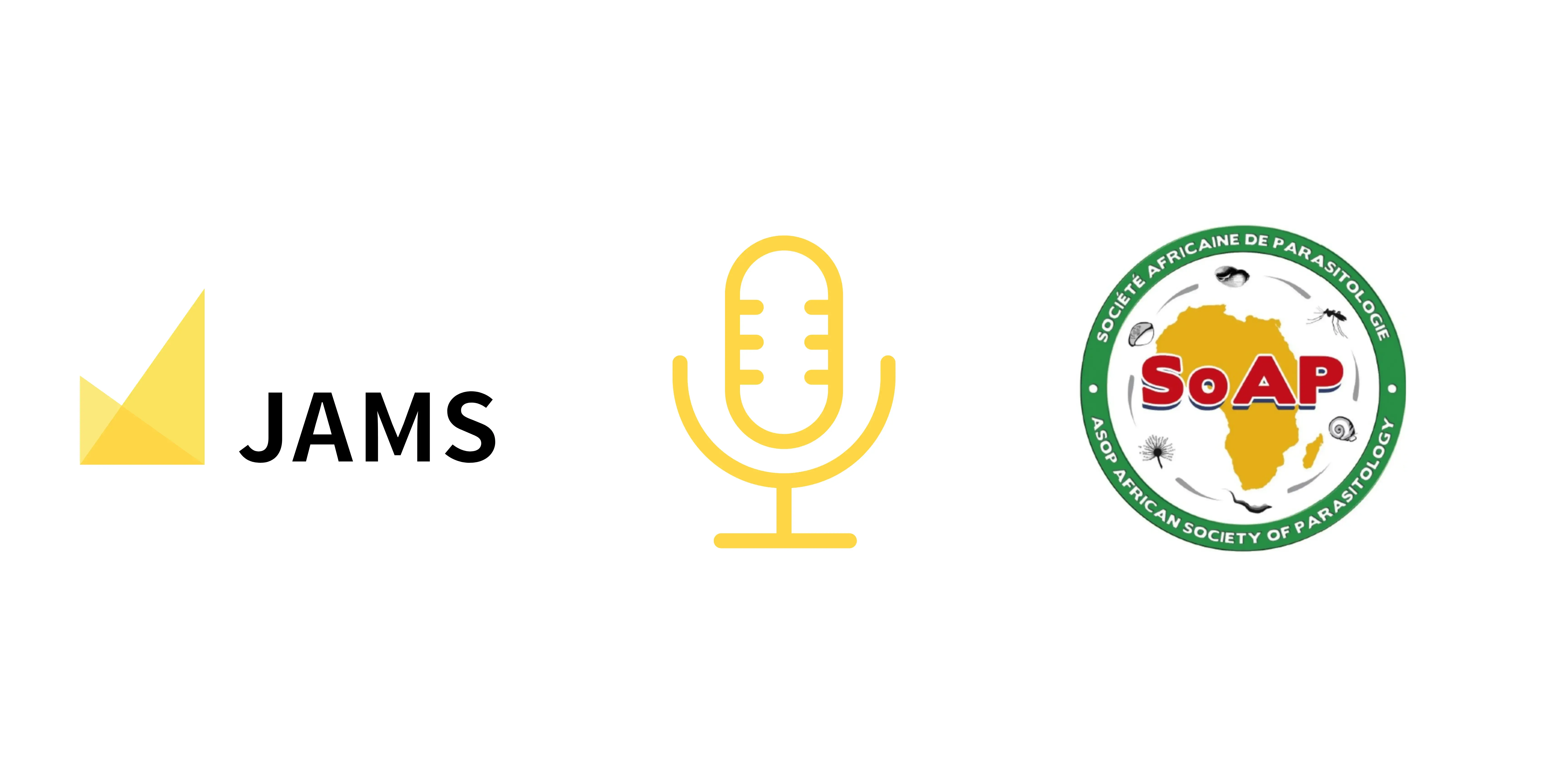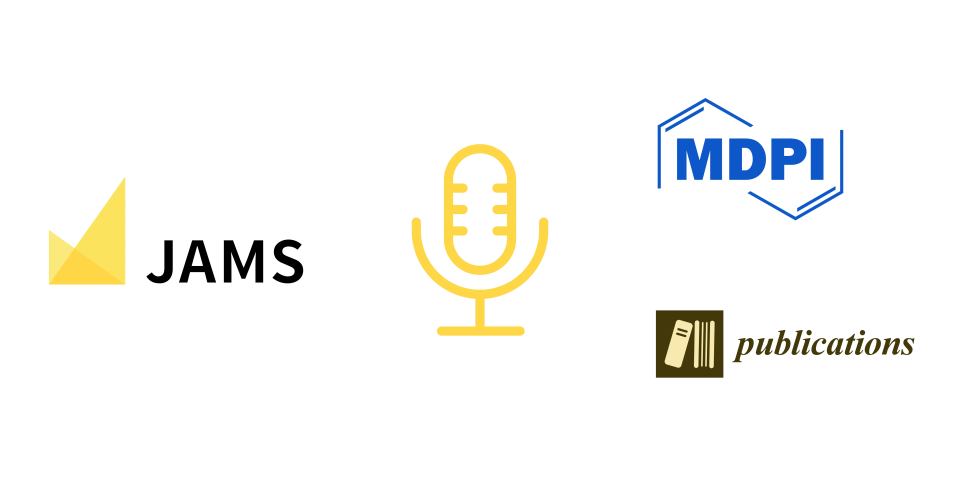Webinars
Watch in-depth conversations with journals and publishers growing with JAMS at their side

From Idea to Implementation: Supporting the Launch of GJESS in South Africa
In this webinar, we sit down with Dr. Nomathemba Themba, Editor-in-Chief of GJESS, to explore the journey of launching a new journal in South Africa, from early-stage challenges to long-term ambitions.
With limited visibility, a small team, and the goal of building a credible journal from scratch, GJESS turned to JAMS for practical, hands-on support. From workflow setup to editorial guidance, this session offers an honest look at what it takes to build and grow a journal today.
Watch the recording to discover how tailored solutions and expert guidance helped GJESS take its first steps, and what lessons emerging journals everywhere can take from their experience.
With limited visibility, a small team, and the goal of building a credible journal from scratch, GJESS turned to JAMS for practical, hands-on support. From workflow setup to editorial guidance, this session offers an honest look at what it takes to build and grow a journal today.
Watch the recording to discover how tailored solutions and expert guidance helped GJESS take its first steps, and what lessons emerging journals everywhere can take from their experience.

From Niche to Noticed: How Small Publishers can Make a Big Impact
In this webinar, Professor Abdoulaye Djimdè, Editor-in-Chief of the African Journal of Parasitology, Mycology and Entomology, shares his personal publishing journey, from what motivated him to take on an editorial role, to how he faced and overcame key challenges such as limited visibility, discoverability, and scarce editorial resources.
This candid conversation highlights the realities of running a small journal and explores the practical strategies that can make a lasting difference, particularly for journals operating in resource-constrained settings.
Whether you're launching a new journal or looking to grow your impact, this session offers grounded insights and actionable guidance from someone who truly understands the path.
This candid conversation highlights the realities of running a small journal and explores the practical strategies that can make a lasting difference, particularly for journals operating in resource-constrained settings.
Whether you're launching a new journal or looking to grow your impact, this session offers grounded insights and actionable guidance from someone who truly understands the path.

Can AI Be an Editor’s Best Ally? Rethinking Peer Review Today
In this webinar, Dr. Enric Sayas and Dr. Oliver Terrett from MDPI explore how artificial intelligence is reshaping the peer review process with insights from Dr. Tindaro Cicero, Editor from Publications. From reviewer matching to workflow optimization, AI is rapidly entering editorial practice, but how can it be used responsibly and effectively?
The session takes a candid look at both the opportunities and the challenges. While AI offers clear advantages in efficiency, discoverability, and time savings, questions remain about transparency, quality control, and potential bias. By sharing their perspectives and experiences, the speakers highlight where AI already makes a difference and where caution is still needed.
Watch the recording to learn what AI can realistically achieve in peer review today, how editors can integrate it into their workflows, and what guardrails are essential to protect trust and integrity in scholarly publishing.